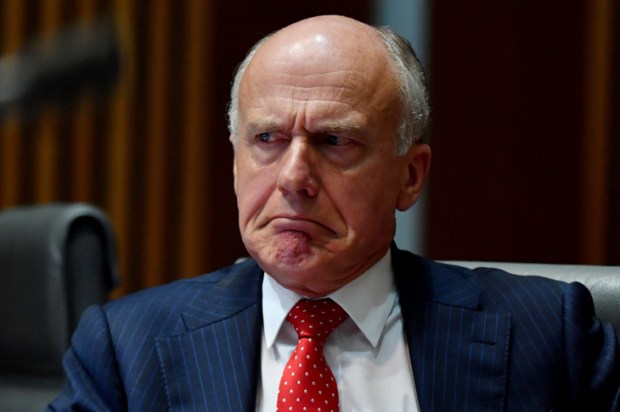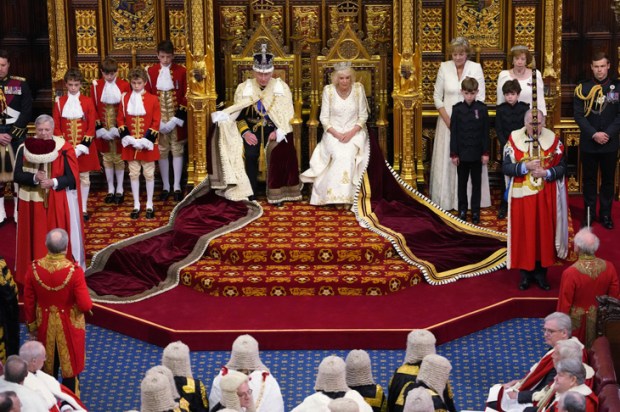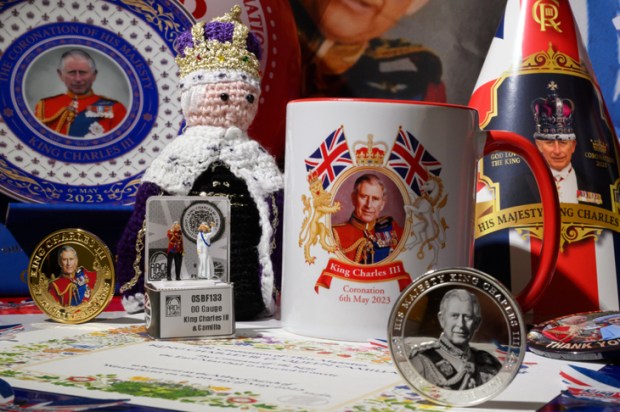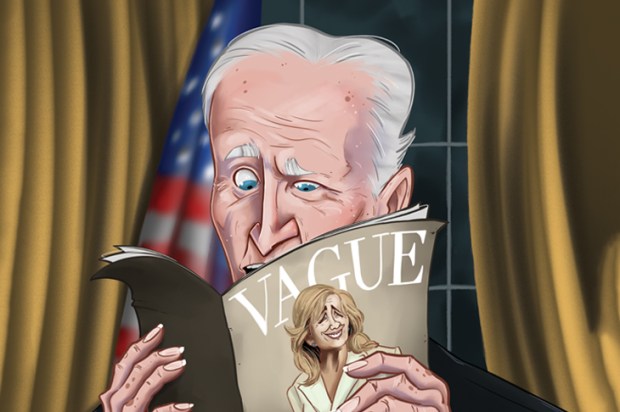The ailing politicians’ republic has finally given up the ghost.
Australia’s future now seems assured as a crowned republic with an Australian as head of state.
Curiously, it was the Australian Republican Movement’s (ARM’s) very own silver bullet that made the politicians’ republic unachievable.
In saying he didn’t want to ‘rush’ a republic referendum, regular royal oath swearer, Prime Minister Albanese, seems to be backing away from a second referendum.
Already a subscriber? Log in
Subscribe for just $2 a week
Try a month of The Spectator Australia absolutely free and without commitment. Not only that but – if you choose to continue – you’ll pay just $2 a week for your first year.
- Unlimited access to spectator.com.au and app
- The weekly edition on the Spectator Australia app
- Spectator podcasts and newsletters
- Full access to spectator.co.uk
Or
Unlock this article
You might disagree with half of it, but you’ll enjoy reading all of it. Try your first month for free, then just $2 a week for the remainder of your first year.














Comments
Don't miss out
Join the conversation with other Spectator Australia readers. Subscribe to leave a comment.
SUBSCRIBEAlready a subscriber? Log in